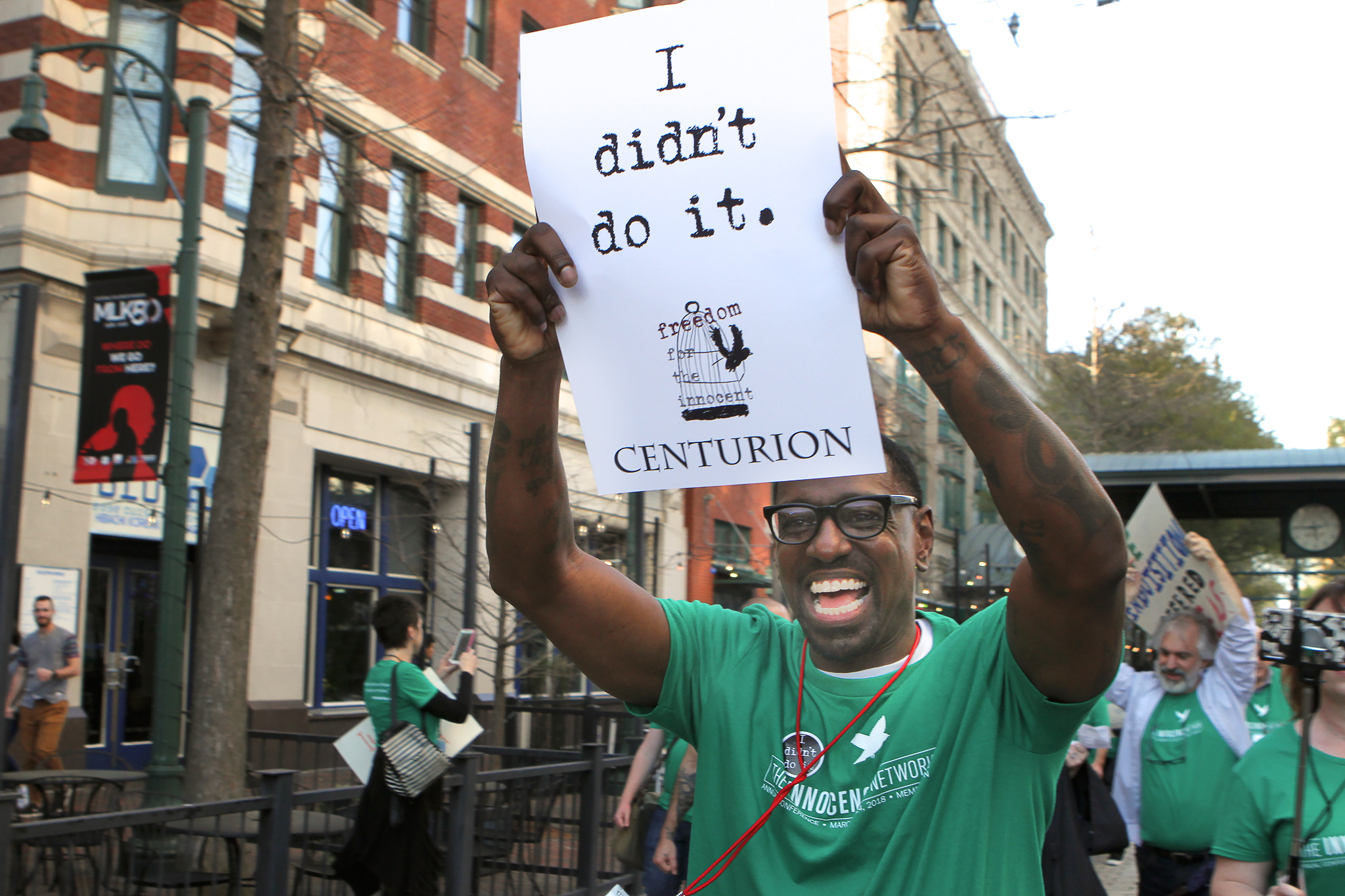Authors:
Historic Era: Era 10: Contemporary United States (1968 to the present)
Historic Theme:
Subject:
September 2020 | Volume 65, Issue 5


Authors:
Historic Era: Era 10: Contemporary United States (1968 to the present)
Historic Theme:
Subject:
September 2020 | Volume 65, Issue 5
Editor’s Note: Since writing his first novel, A Time to Kill, in 1989, John Grisham has become the best-known author of legal thrillers – his 44 books have sold over 300 million copies worldwide. Grisham supports the work of innocence projects that help individuals who claim they have been wrongfully convicted of serious crimes – sometimes, receiving the death penalty. Last month, Doubleday published When Truth Is All You Have by Jim McCloskey, “dean of the innocence advocates,” with moving stories of innocent prisoners sentenced to death or life in prison who were set free by Jim’s efforts. Portions of this essay by John Grisham appeared as the introduction to the book.
There are thousands of innocent people who have been convicted by our justice system and locked away in prison. Most Americans, or most white ones anyway, do not believe this. Those with darker skin know better because they have seen and lived this reality.
But since the vast majority of Americans will never be affected by wrongful convictions, they are not concerned with them. They see another sensational story of an exoneration and pause long enough to say, “What a shame.” Which is usually followed by: “But he was probably guilty of something or he wouldn’t have been convicted in the first place.”

Few people care enough about wrongful convictions to volunteer with an innocence organization. Few even know how their elected officials vote on innocence issues. Wrongful convictions are on no one’s list of our most important problems. Occasionally, when an exoneree retaliates with a big lawsuit and the taxpayers are forced to pay millions in damages, this gets attention and causes resentment but nothing changes.
We hear the common refrain that “the system is broken” but there is little effort to fix it. So wrongful convictions continue, and the few lucky inmates are exonerated years later, while the majority serve long sentences for crimes committed by someone else. Life goes on for the rest of us.
With so little concern for the problem, why, then, do a handful of people dedicate their lives to freeing the innocent? I know some of these heroes: Peter Neufeld and Barry Scheck, who founded the Innocence Project in 1992 and have guided it to 367 DNA exonerations; Rob Warden of the Center on Wrongful Convictions at Northwestern, a group of advocates responsible for 30 exonerations to date; Emily Maw and the